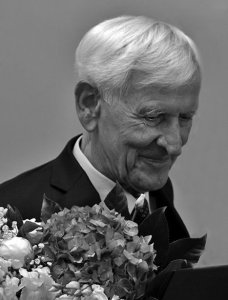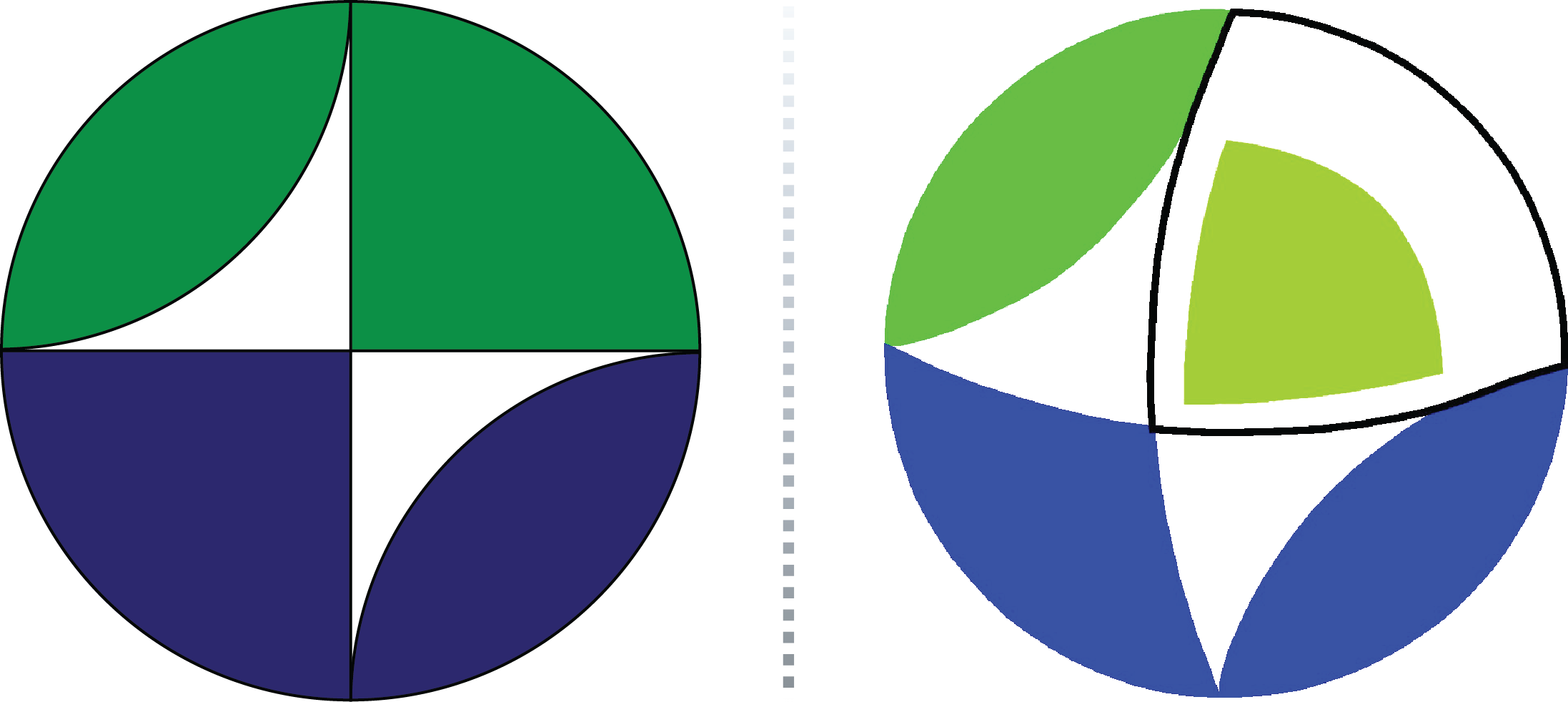Aleksander Guterch (1936 - 2023)

Aleksander Guterch, Professor at the Institute of Geophysics, Polish Academy of Sciences, died on December 28, 2023, at the age of 87.
The Institute of Geophysics, University of Warsaw, was his primary affiliation but for almost all his professional life he was associated with the Institute of Geophysics, Polish Academy of Sciences, where he started working in 1963. For more than 40 years, he headed the Deep Structures Laboratory and then the Department of Seismic Lithospheric Research. Around him, he built a strong scientific team for seismic studies of the Earth's crust and upper mantle. He was tutor and adviser for young people, graduate students and doctors.
In the years 1997 – 2003 Aleksander Guterch initiated and was the organizer or co-organizer of the great project of seismic research of the deep crustal structures and the lower lithosphere in Central Europe, from the Baltic Sea to the Adriatic Sea. These were great refraction seismic experiments commonly known as POLONAISE'97 (Polish Lithosphere Onsets – An International Seismic Experiment, 1997) CELEBRATION 2000 (Central European Lithospheric Experiment Based on Refraction, 2000), Sudetes 2003, GRUNDY 2003, and ALPS 2002 projects. All the main geological structures of the study area have been covered by a system of modern seismic profiles, with a total length of about 20,000 km. The research was carried out in cooperation with 35 scientific and industrial institutions from 15 European countries as well as the USA and Canada. A summary of the results was presented in the publication “Crustal and lithospheric structures between the Alps and East European Craton from long-range controlled source seismic experiments”, in: Gerald Schubert (editor in chief) Treatise on Geophysics, 2nd edition, Vol. 1, Oxford: Elsevier; 2015, p. 557-586, authored by A. Guterch, M. Grad, G. R. Keller, and E. Brückl.
Aleksander Guterch did not limit his scientific interests to the area of TESZ (Trans European Suture Zone) in Poland and Central Europe but also to other tectonic units of the East European Craton, as Fennoscandia and Sarmatia in Finland, Lithuania, Belarus and Ukraine. The research was also carried out with wide international cooperation.
In years 1976 – 2010, he actively participated in seismic lithosphere studies of the polar regions in the Arctic and Antarctic. He organized six geophysical expeditions to the Arctic and five expeditions to West Antarctica, some of them jointly with the scientific institutions of Norway, Germany, Japan and the USA.
Aleksander Guterch's scientific achievement is outstanding. He is an author or co-author of about 250 publications, mainly in international journals and monographs. The importance of the results of his research is evidenced by numerous citations of his works (Scopus >5000) and the Hirsh index H49.
The Professor was leading many scientific projects and programs in Poland. He was a full member of the Polish Academy of Sciences, a member of Polish Academy of Arts and Sciences, a member of the Academia Europaea, a member of the Warsaw Scientific Society, the Polish Geophysical Society, an honorary member of the Hungarian Society of Geophysicists, as well as a member of many national and international Scientific Committees and Associations. He was also the winner of many awards and distinctions, as well as the holder of several state decorations, including: Knight's Cross of the Order of Polonia Restituta (1973), Officer's Cross of the Order of Polonia Restituta (1998) and the Bene Merito honorary badge (2015). In 2018, during the ceremony of the Institute's 65th anniversary, he was awarded a medal named after Prof. Adam Dziewoński.
The Professor’s hobby was old cartography and the history of Poland. He was especially interested in the history of white arms in the Polish military. He was the President and honorary member of the Association of the Lovers of Old Arms and Uniforms in Poland and was awarded the Association’s gold badge. In 2013, on the occasion of the 600th anniversary of Sękowa, a village in the Beskids, Poland, where he was born, he was awarded the title of honorary citizen of the Sękowa commune.
Aleksander Guterch was born on February 16, 1936. He graduated from the Faculty of Physics, University of Warsaw, in 1961, and since 1963 he has been working at the Institute of Geophysics, Polish Academy of Sciences. He received PhD degree in the Institute of Geophysics, Polish Academy of Sciences in 1969.
In the person of the Professor, we lose not only a great scientist, but also a mentor to many of us and a kind colleague.
Aleksander Guterch was survived by his wife Barbara, two daughters, Magdalena and Anna, eight grandchildren and one great-granddaughter.
Tomasz Janik and Wojciech Czuba, Institute of Geophysics, Polish Academy of Sciences
